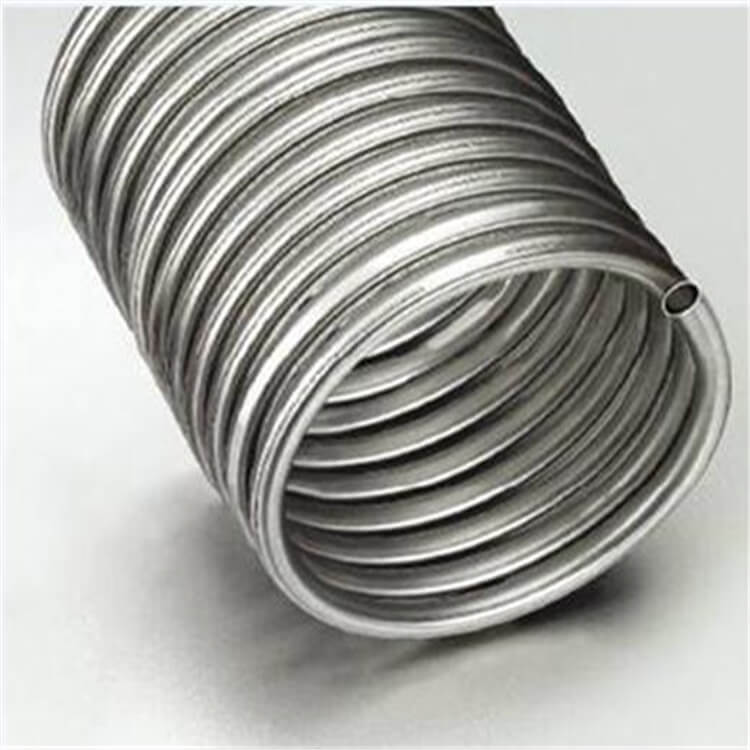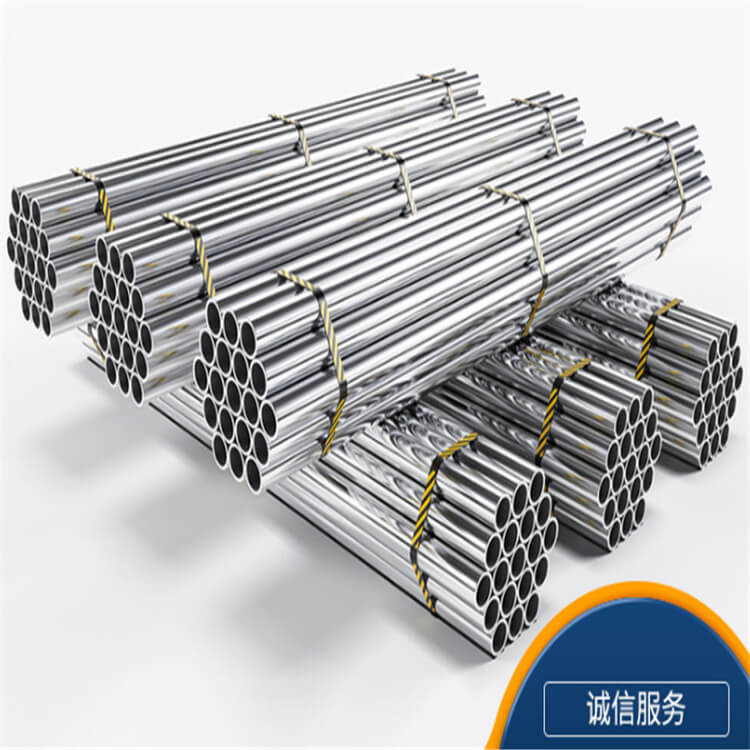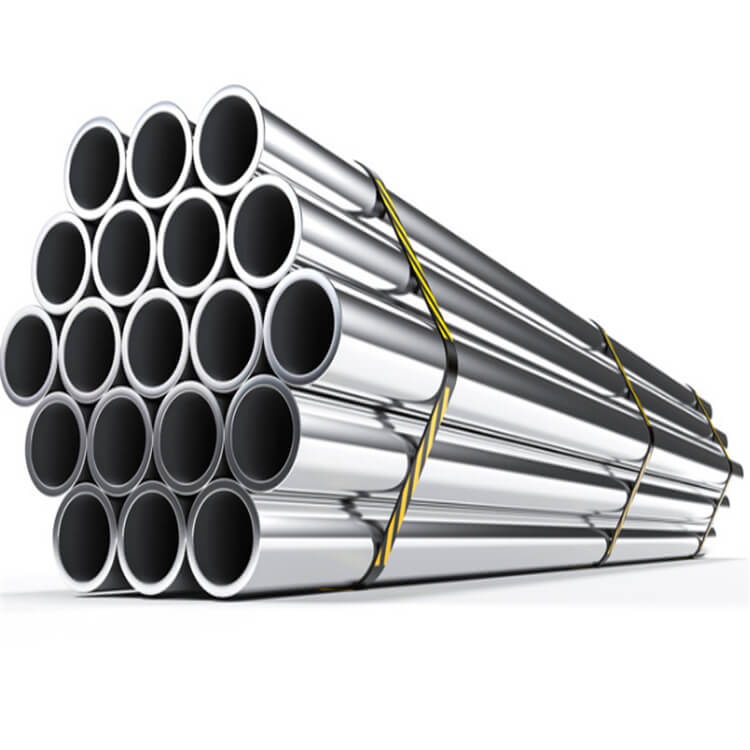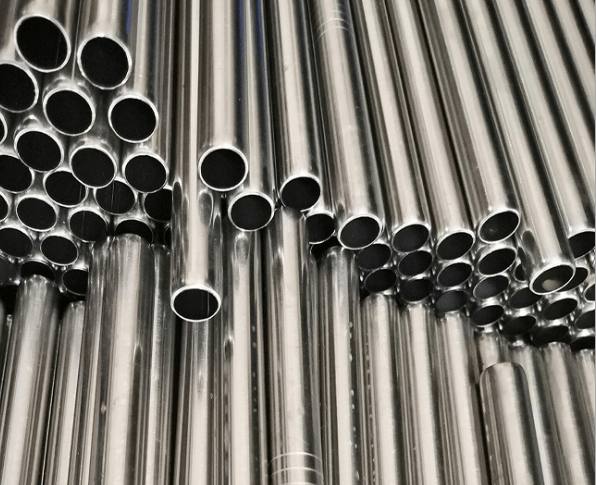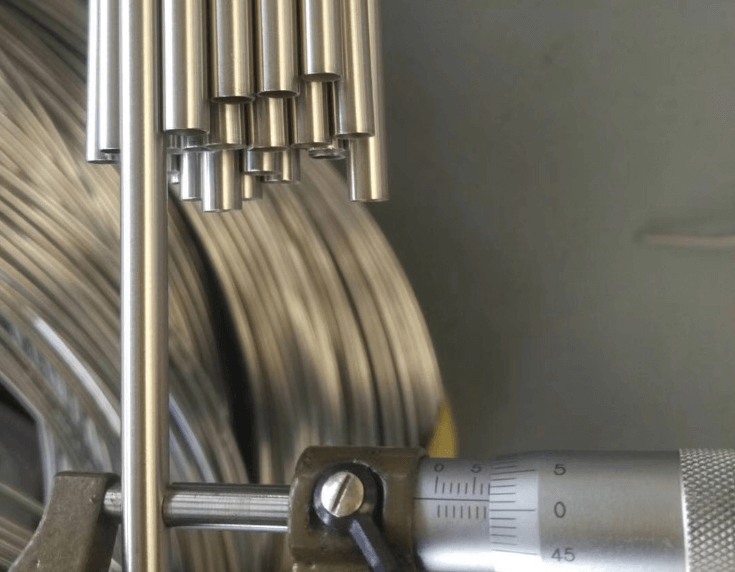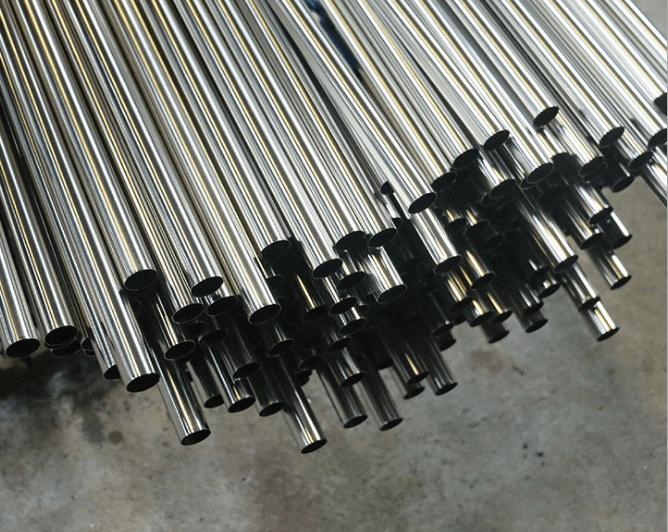Stainless steel coils, those unassuming yet indispensable components of modern industry, play a pivotal role in an array of applications. This article delves into the intricacies of stainless steel coils, unraveling their composition, manufacturing processes, diverse applications across industries, and the advantages that make them the material of choice in various sectors.
Composition and Manufacturing
Alloying Elements
Chromium's Corrosion Resistance: Stainless steel's resistance to corrosion is primarily attributed to the presence of chromium in its composition. Chromium forms a protective oxide layer on the surface of the steel, preventing rust and deterioration.
Nickel's Impact on Durability: Nickel, another essential alloying element, enhances the strength and durability of stainless steel. It contributes to the steel's ability to withstand extreme temperatures and mechanical stress.
Production Process
Melting and Refining: Stainless steel begins its journey as a blend of iron ore, chromium, nickel, and other elements. This mixture undergoes intense heat treatment in a furnace, where it melts and is subsequently refined to achieve the desired composition.
Cold Rolling and Annealing: The molten steel is then formed into coils through a process called cold rolling. This involves passing the steel through rollers to reduce its thickness and enhance its mechanical properties. Annealing, a heat treatment process, further refines the steel's structure, making it more ductile and less brittle.
Stainless steel coil wholesale
Applications Across Industries
Automotive Industry
Exhaust Systems: Stainless steel coils find a crucial place in automotive exhaust systems due to their high-temperature resistance and corrosion resilience. These coils ensure that exhaust components maintain their structural integrity and performance over time.
Body Panels: Stainless steel's durability and aesthetic appeal make it a favored material for manufacturing body panels. It provides the necessary strength to withstand impacts while contributing to a sleek, polished finish.
Construction Sector
Structural Components: Stainless steel coils are employed in the construction of buildings and bridges. Their strength and resistance to environmental factors ensure the longevity and safety of structural components.
Architectural Finishes: In architecture, stainless steel coils serve both functional and aesthetic purposes. They are used for cladding, roofing, and decorative elements, providing a modern and elegant appearance while resisting corrosion.
Food Processing
Hygienic Surfaces: Stainless steel's smooth and non-porous surface makes it ideal for food processing equipment. Its resistance to staining and bacterial growth ensures food safety and easy cleaning.
Conveyor Systems: Stainless steel coils are used in conveyor systems within food processing plants. Their durability and low maintenance requirements make them a cost-effective choice for transporting food products.
Advantages and Future Trends
Corrosion Resistance and Longevity
Stainless steel's resistance to corrosion is a hallmark feature that ensures its longevity, even in harsh environments. This quality significantly reduces maintenance costs and extends the lifespan of various products.
Sustainable Stainless Steel
As sustainability becomes increasingly critical, stainless steel's recyclability and long lifespan align with eco-conscious practices. The recycling rate of stainless steel is exceptionally high, making it an environmentally responsible choice.
Emerging Trends in Stainless Steel Coil Technology
The stainless steel industry continues to evolve, with innovations in alloy compositions and manufacturing processes. Emerging trends include the development of ultra-high-strength stainless steel and improved surface finishes, catering to a broader range of applications.
Conclusion
Stainless steel coils combine strength, durability, and corrosion resistance in one remarkable package. Understanding their composition, manufacturing processes, versatile applications, and the sustainability they offer is essential in appreciating their vital role in modern society. As technology and innovation continue to advance, stainless steel coils are poised to remain at the forefront of materials engineering.

